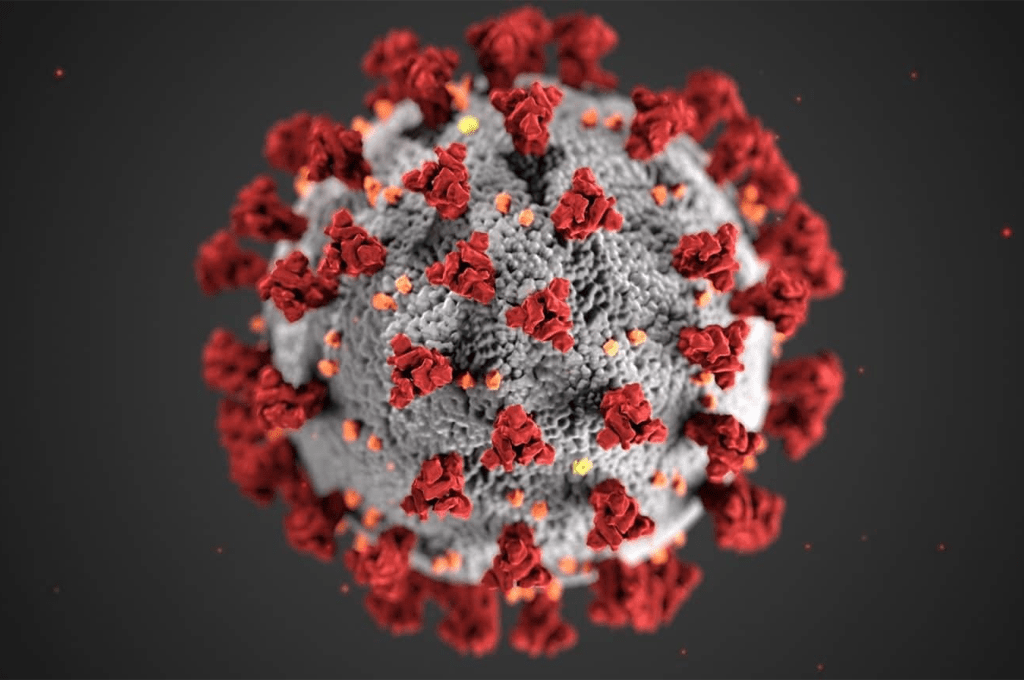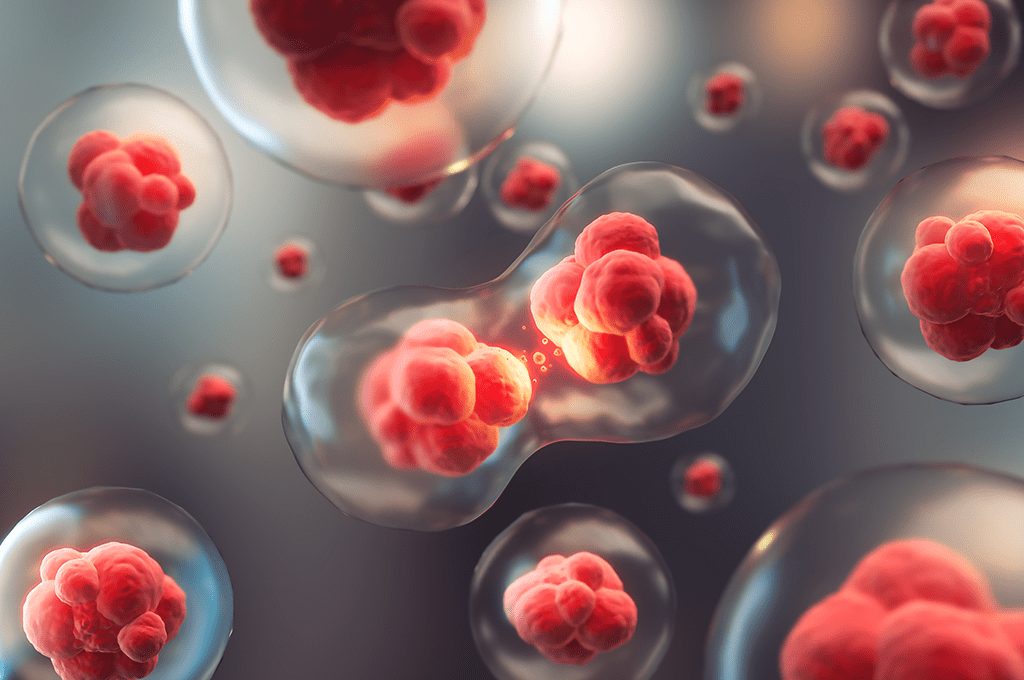A new chemical probe for selective mass spectrometric analysis of the human gut microbiome
A new chemoselective metabolite modification technique for mass spectrometric investigation of metabolites in human samples has been developed by the laboratory of Daniel Globisch (Uppsala University/SciLifeLab). Application of this new multifunctional probe in human samples significantly improves mass spectrometric sensitivity and is a crucial tool for extending the scope of metabolomics research towards microbiota metabolism analysis. The study has been published in Angewandte Chemie International Edition.
The consortium of trillions of gut microbiota significantly impacts human physiology through metabolic interaction. While metabolites derived from gut microbiota metabolism have been linked to disease development in the human host the chemical tools required for their detailed analysis are limited. We have designed and chemically synthesized a multifunctional chemical probe for selective mass spectrometric analysis. Coupled to magnetic beads, this probe allows for straightforward extraction of metabolites from human samples and release under mild conditions. This first study led to the discovery and validation of four metabolites previously unknown in human fecal samples.
“The driving force for this project was the development of a new tool to enhance the scope of metabolomics research as a diverse range of chemical biology tools for other ‘omics’ research fields such as proteomics and genomics have played key roles in major biologically and medically discoveries. Key to the study is the introduction of a previously novel bioorthogonal cleavage site, which could find wide application in mass spectrometric Chemical Biology.” says Daniel Globisch
The interdisciplinary combination of chemical synthesis, mass spectrometric sample analysis, metabolomics data analysis, and analysis of human samples utilized by the Globisch laboratory led to significantly reduced ion suppression, increased mass spectrometric sensitivity and facilitates analysis of metabolites in femtomole quantities. Application of this new metabolite investigation strategy represents a tremendous opportunity for the discovery of unknown biomarkers of pathology and elucidation of the metabolic interplay of microbiota and their human host.
Read the full scientific paper in Angewandte Chemie International Edition




